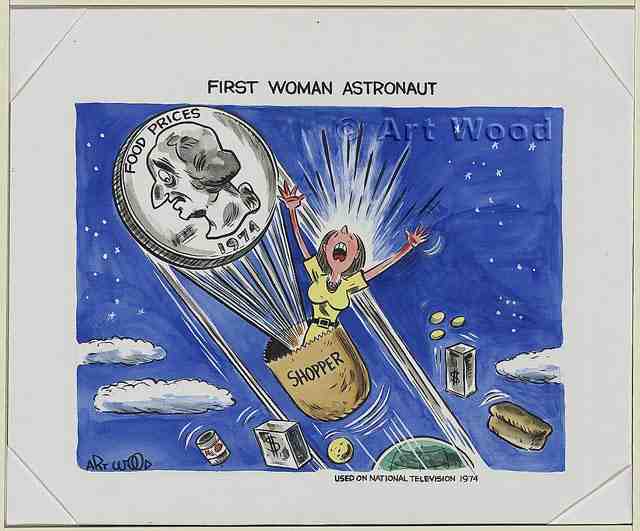

  
|
|
This course will be study of monetary inflation in modern times. Since the 16th century, the Western world has periodically suffered under the boom and bust cycles of contemporary monetary systems, but periodically, profound inflations- hyperinflations--have effectively wiped out the monetary systems in place. In this class, our first goal will be to read into the historical and economic literature on the theory and practice of inflation. We want to understand what inflation is. But we will spend most of our time on comparative history, looking at the spectacular cases of hyperinflation, from the French Revolutionary hyperinflation in the 1790s to the Great Inflation in Germany in 1923, to the hyperinflation in Argentina in 1980s. Along the way, we will look at inflations and inflationary events across the globe. In the course we will attempt to understand the processes of inflation, but we will be equally concerned with the social, political, and even ethical patterns of the inflationary culture.
How We Will Go About This
You will take short reading quizzes over many, perhaps most, of the assigned readings. The average of these will count five percent of the course grade. For all the readings, you must bring to class a short reading summary of a single paragraph. You will be doing three essays—more on those below. Please feel free to check with me at any time during the course to find your current participation "level." The concepts test will count 15%, the final 25%.
Reading Summaries checklist 10%
Reading Quiz average 5%
Final Exam 25%
Short essays (3 @ 15) 45%
Concepts Exam 15%
_________________________________
course grade 100%
Attendance, Late Assignments, and Academic Integrity
You need to come to class; after more than four absences, you run the risk of being dropped from the course with a failing grade (see AC Bulletin on attendance policies). I will charge a penalty of five points per day on all late papers.
This course will follow the policies on academic integrity laid out in the Environment and other official college publications. Please read these guidelines carefully; we will follow them strictly. Academic honesty is absolutely essential. This means: no cheating. If you are ever in doubt as to what constitutes plagiarism, please feel free to come by and discuss the question with me, or any other faculty member for that matter. We will also be talking about this when we get to the paper assignments. On the plagiarism issue, just remember: whenever you use someone's words or ideas, you must tell that you have used them. You must give credit where credit is due. You can find out more about what constitutes plagiarism at the excellent McGill University page on Academic Integrity:
http://www.mcgill.ca/integrity/studentguide/